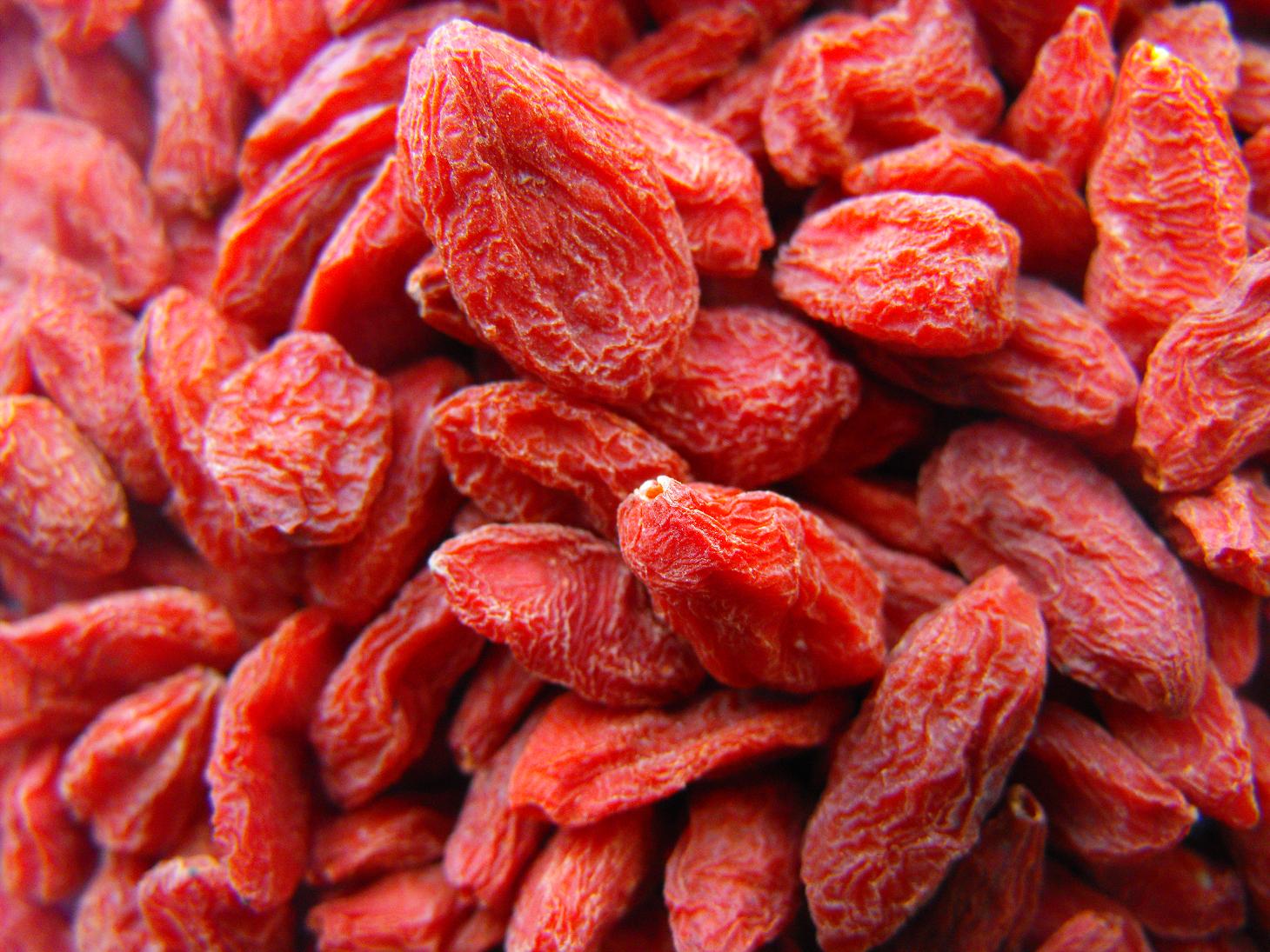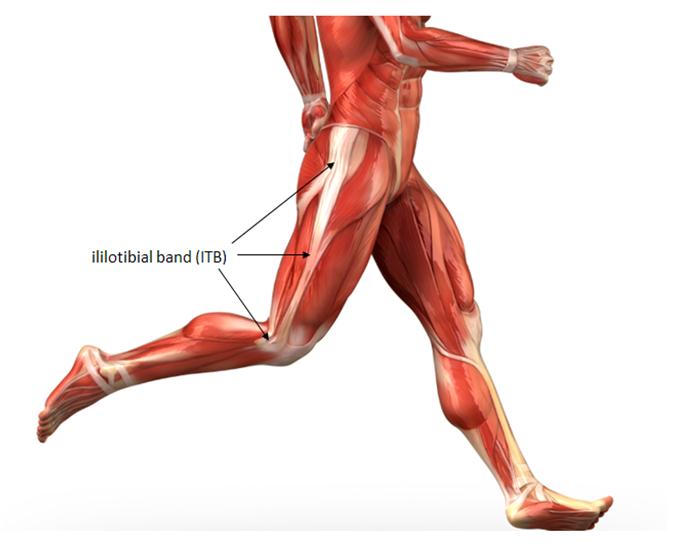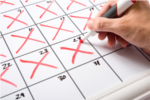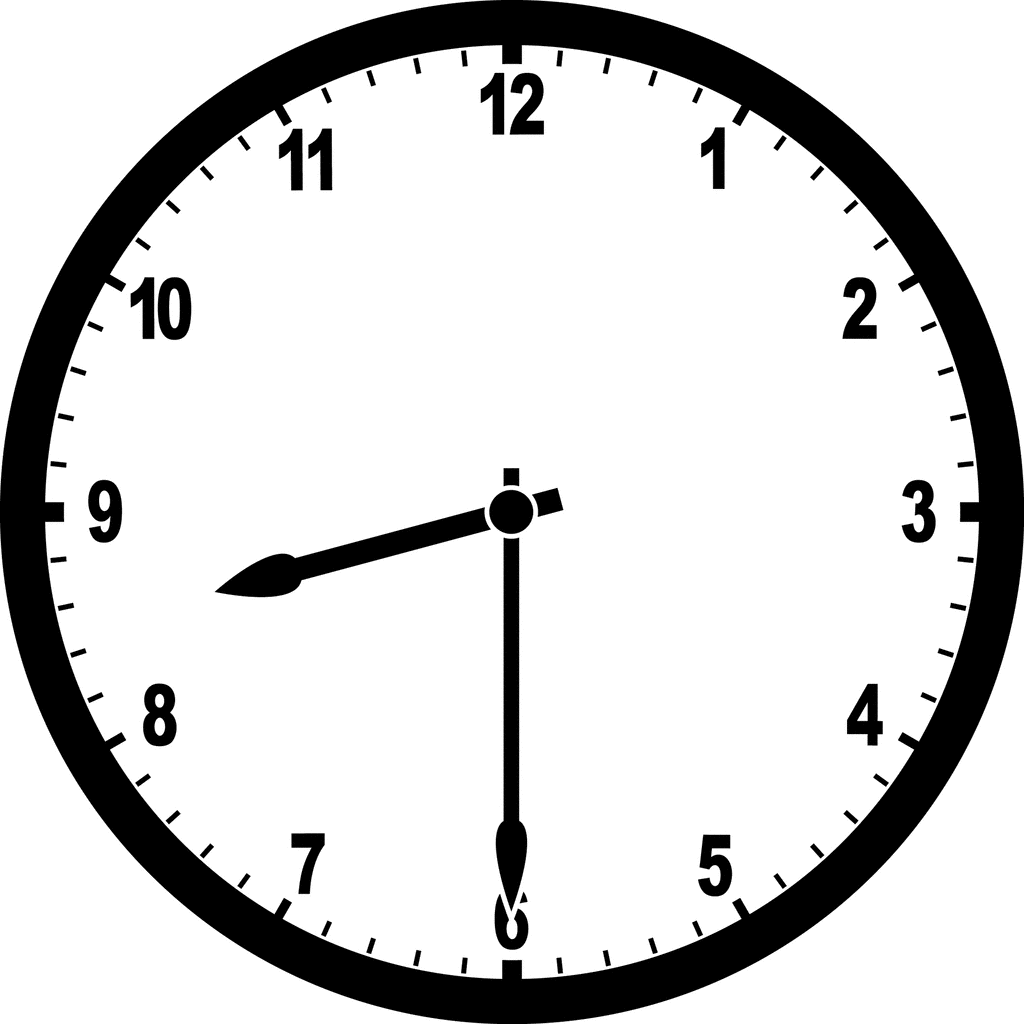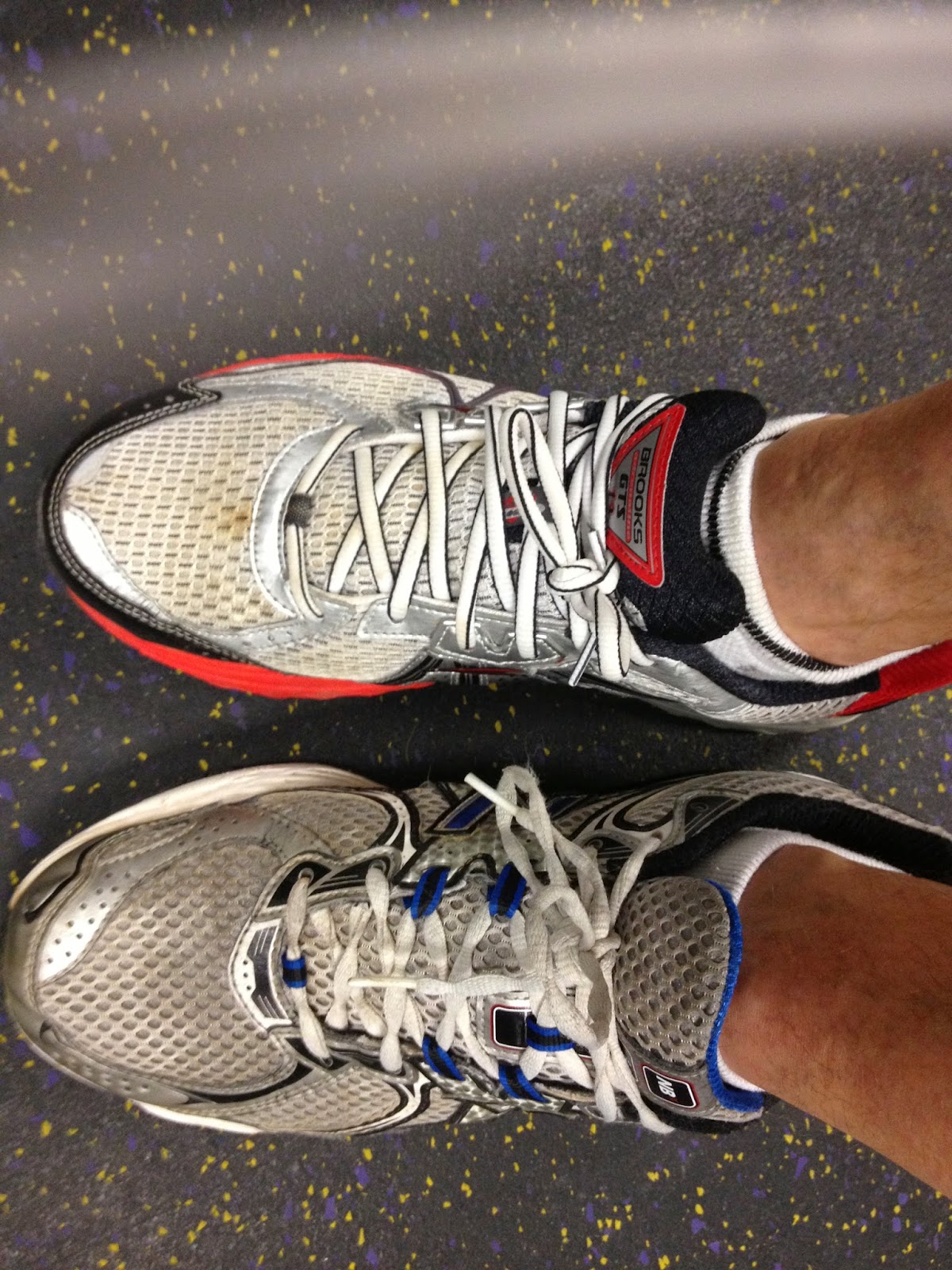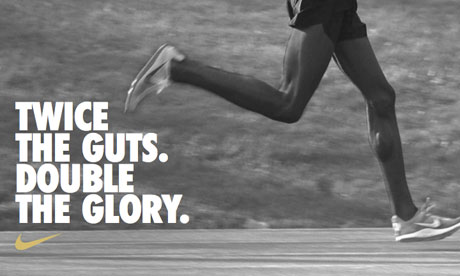I think one of the biggest challenges for Regular Guys is sifting through all of the fitness and health and diet information out there to find the goods. It's hard enough to figure out a plan that works in your life and helps you achieve your goals -- even when you're looking at reputable resources that base their info on science. But that's not what I'm getting at here.
I'm talking about all the complete, utter garbage that sometimes confuses even smart, educated, reasonable people.
So what are some of the things that, at least in my view, constitute BS?
Miracle Pills
So-called experts have been peddling snake oil for centuries. But in the last couple of generations, the idea of losing weight with the help of a pill has become commonplace. Amphetamines were used in the '70s. In the '90s, it was Fen-Phen -- anyone remember that? And in 2004, the FDA banned ephedra.
 Today, we keep hearing -- courtesy of Dr. Oz, among others -- about things like green coffee extract as metabolism boosters. It's the same old story, just with prettier wrapping paper. None of this stuff works.
Today, we keep hearing -- courtesy of Dr. Oz, among others -- about things like green coffee extract as metabolism boosters. It's the same old story, just with prettier wrapping paper. None of this stuff works.You know what works? A reasonable diet and a solid dose of exercise. You're not going to burn hundreds of extra calories with a pill -- think about how ridiculous that sounds! You want to boost your metabolism? Get moving!
Specialized Diets
If you've been reading Fitness for the Regular Guy for a while, you know that I see very little value in specialized diets. When you have one camp telling you that eating primarily meat is the key to fitness, and another saying that cutting out meat entirely is the key, you know at least one of them has to be wrong.
I don't think there's anything wrong with adopting any diet IF:
- It's sustainable. In other words, you'll stick with it.
- You get your macros and micros.
- It doesn't cause other health problems.
- The calories in/calories out ratio works for your goals.
But I have a HUGE problem with anyone who tries to convince you of the superiority of any diet. None of them will help you achieve your goals if your calorie intake is greater than your output. It's that simple, it's always been that simple, and it will always be that simple.
Eating "Clean"
This is kind of an offshoot of the specialized-diet mantra. One school of thought suggests that the big problem with the modern diet is the prevalence of processed foods. We eat too many foods with tons of chemicals in them, rather than foods nature intended for us. Thus, the way to fitness is to "eat clean."
Now don't get me wrong: I'm not advocating the Twinkies Diet. Yeah, you're better off eating an apple than a bag of Doritos. But it has nothing to do with one being processed and the other being natural. You can make a completely clean, totally fattening milk-chocolate bar with three ingredients: milk, cocoa and sugar. You can also get 25 to 30 grams of protein in a low-calorie whey protein shake that has a couple dozen ingredients. One is clean, one is healthy.
That's an extreme example, but this kind of thinking is pervasive -- and often wrong.
And the fact is, everything is made of chemicals.
Exotic Superfoods
All the rage these days are so-called "superfoods" such as acai, goji berries, chia seeds, quinoa and even pomegranate. They're supposedly so wonderful for you that you have to wonder where grocery stores have been hiding them all these years.
Before I go pooh-poohing all these things, let me admit: I add chia seeds to my yogurt, and I made a fairly tasty quinoa dish last week. I like chia because it adds a little extra protein and a lot of fiber, which helps me feel full. But it's very calorie-dense, and the nutritional value beyond that is questionable. Same goes for quinoa. From a calorie standpoint, you're not doing yourself any huge favors. But you are getting a little bit of extra nutrition that you wouldn't by using semolina pasta instead.
But I want to compare a pomegranate to an orange, because pomegranates are touted as superior for their vitamin punch. Well, a half cup of pomegranate seeds has 14 percent of your RDA of vitamin C, 5 percent of B-6, and pretty much nothing else. An orange has 85 percent of your vitamin C and the same 5 percent of B-6. The pomegranate has slightly more fiber -- about a gram. But it also has 25-30 more calories. And guess which one costs a lot more, is a pain to eat and stains everything it gets near!
If you have a specific dietary need that one of these foods can help with, go for it. For the most part, there's nothing wrong with them. But don't be fooled into thinking that remotely rural Peruvians somehow have a vastly better diet than you do. If you're eating nutrient-dense food in reasonable portions, you're going to hit your calorie goals, you're going to get your macros and micros, and you're going to be healthier, regardless of where that food came from.
Weights Are Better Than Cardio
I've actually discussed this at some length in an earlier blog post. It depends on a lot of variables, including your starting point, your goals and your interests -- but a good fitness plan includes both strength training and cardio.
To summarize:

- Cardio helps with the endurance and fitness to improve your lifting.
- You can't burn fat efficiently without raising your heart rate.
- The scientific theory that cardio decreases muscle mass has largely been debunked.
As an endurance runner, I've always acknowledged the role of strength training -- and even heavy lifting -- in my regimen. Almost any good running coach will advocate strength training, and many will agree with me on the value of lifting heavy at least once in a while. But you'll still see a lot of muscleheads totally blow off the value of cardio. I've argued it many of times before: Anytime someone tries to convince you there's only one way to do something, they're probably wrong.
There's Plenty More Where That Came From
This stuff barely scratches the surface of BS in the fitness/health/diet industries. You probably know someone who swears by something that is total crap. Odds are, you're not going to change their minds. But it's good to separate the wheat from the chaff whenever possible, before you find yourself spending a lot of money, injuring yourself, gaining weight unnecessarily, or worse.
That's not what being a Regular Guy is all about. Not at all.
So let's hear from you. Have you ever bought into something that seemed perfect but turned out to be fitness BS? Do you have a friend, family member, neighbor or co-worker who insists on doing something you know is ridiculous? What BS drives you nuts? Comment below, on Facebook or on Twitter!


